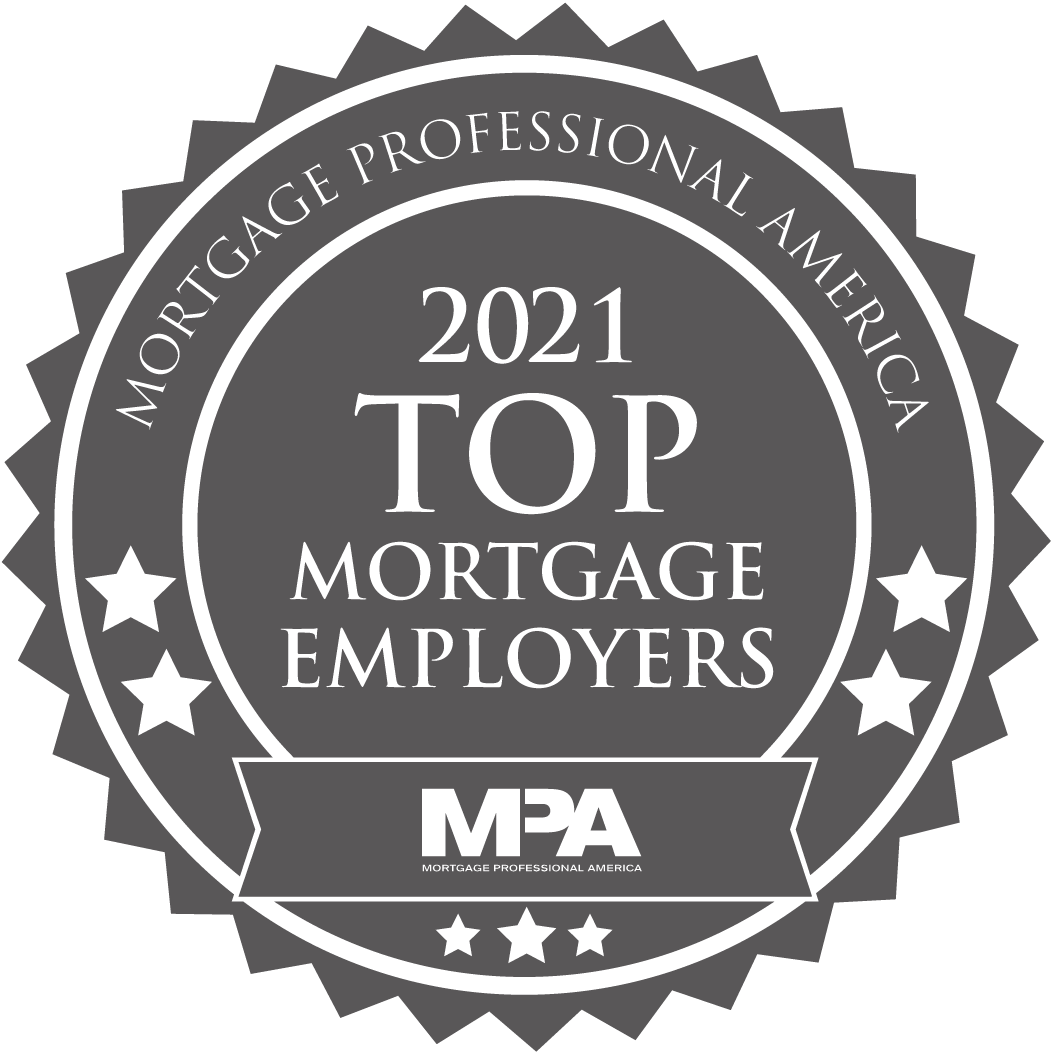Being self-employed offers freedom and flexibility, but it can also complicate the mortgage application process. Unlike traditional employees, self-employed individuals face additional scrutiny when applying for a home loan, as lenders prioritize consistent income and financial stability. If you’re self-employed and planning to buy a home, here’s what you need to know to qualify for a mortgage.
Understanding Lender Requirements
Lenders evaluate self-employed borrowers with the same basic criteria as salaried applicants but often require additional documentation to verify income and financial stability.
Key Factors Lenders Assess:
- Credit Score: A strong credit score demonstrates reliability. Aim for a score of 620 or higher, though requirements vary by lender.
- Debt-to-Income (DTI) Ratio: Your DTI should ideally be under 43%, showing that you can manage monthly debt payments alongside your mortgage.
- Consistent Income: Lenders want to see steady earnings over at least two years of self-employment.
Documents You’ll Need
Self-employed borrowers must provide detailed financial documentation to prove income stability.
Essential Documents:
- Tax Returns: At least two years of personal and business tax returns.
- Profit and Loss Statements: Updated P&L statements to demonstrate business health.
- Bank Statements: Both personal and business accounts to verify income and cash flow.
- Business License: Proof of your self-employment status.
- Form 1099s: Documents from clients or contracts that detail annual earnings.
Tip: Work with an accountant to ensure your financial records are accurate and organized.
Challenges Self-Employed Borrowers Face
1.Income Volatility
Unlike salaried employees, self-employed individuals often experience fluctuations in income, which can concern lenders.
Solution: Provide consistent financial documentation that demonstrates stability over time, even if monthly earnings vary.
2.Deductions Affecting Income
Many self-employed individuals maximize tax deductions to lower taxable income, but this can also reduce the income reported to lenders.
Solution: Consider limiting deductions in the years leading up to your mortgage application to show higher net income.
3.Higher Down Payment Requirements
Some lenders may require a larger down payment for self-employed borrowers to offset perceived risks.
Solution: Save for a down payment of at least 20% to improve your approval chances and potentially secure better loan terms.
Tips to Improve Your Chances of Approval
1.Build Your Credit Score
Pay off outstanding debts, avoid late payments, and limit new credit inquiries to boost your score.
2.Lower Your Debt-to-Income Ratio
Reduce existing debts and avoid taking on new financial obligations before applying for a mortgage.
3.Increase Your Savings
A robust savings account demonstrates financial stability and provides a safety net for potential income gaps.
4.Choose the Right Lender
Some lenders specialize in working with self-employed borrowers. Research options to find a lender familiar with your unique financial situation.
5.Prequalify for a Loan
Prequalification helps you understand how much you can borrow and gives you a chance to address potential issues before formally applying.
Loan Options for Self-Employed Borrowers
1.Conventional Loans
These loans typically require higher credit scores and down payments but are ideal for borrowers with solid financial documentation.
2.FHA Loans
Backed by the Federal Housing Administration, these loans offer more flexible credit and income requirements, making them accessible for many self-employed buyers.
3.Bank Statement Loans
These loans rely on bank statements instead of tax returns to verify income, providing flexibility for self-employed borrowers with significant deductions.
4.VA Loans
For eligible veterans, VA loans offer no down payment and competitive terms, even for self-employed applicants.
Conclusion
Qualifying for a mortgage when you’re self-employed may involve additional steps, but it’s far from impossible. By organizing your financial documents, maintaining a strong credit profile, and working with the right lender, you can navigate the process with confidence. With proper preparation and planning, homeownership is within reach for self-employed individuals.






